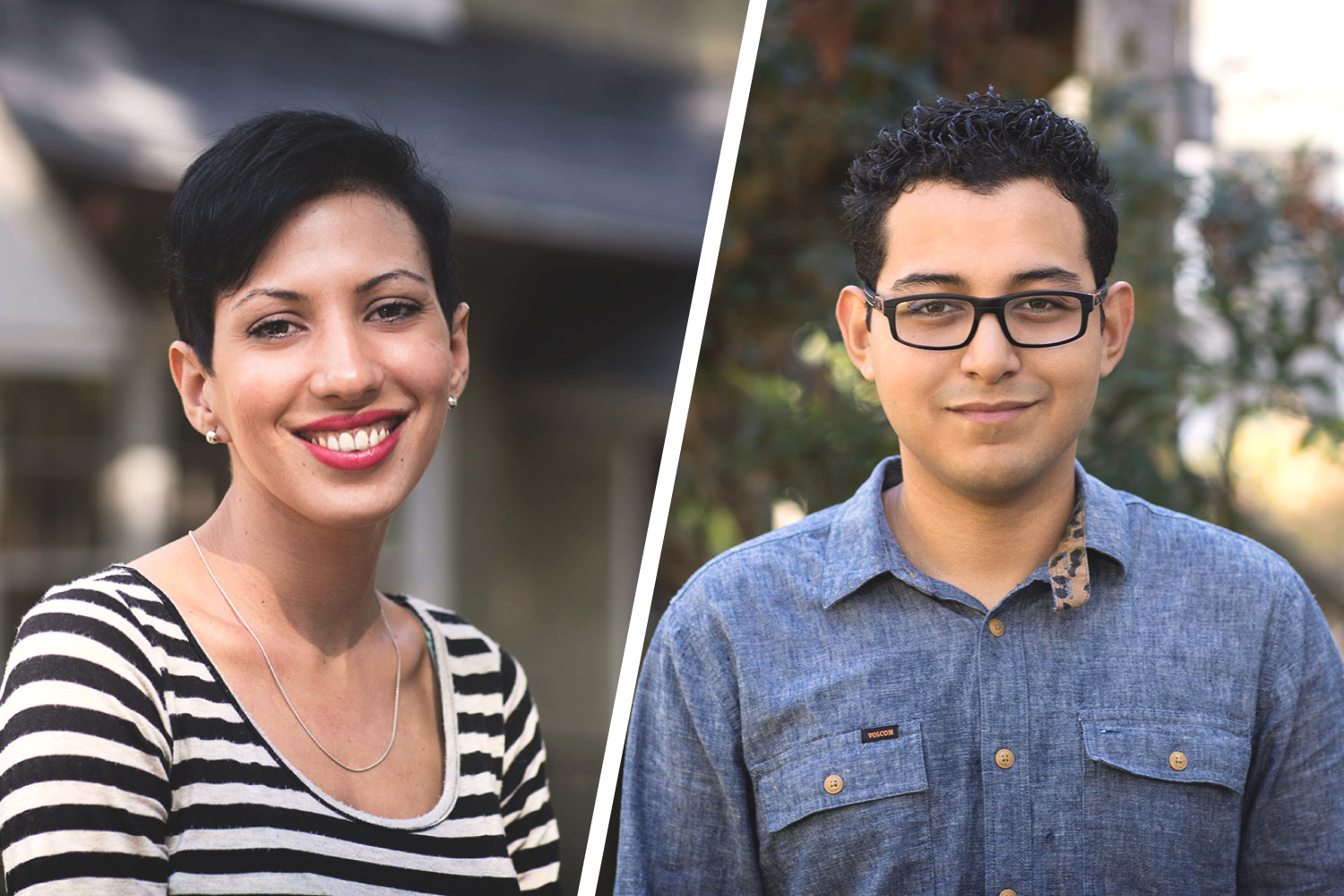President Barack Obama’s historic visit to Cuba last March put Saily Gonzalez Velazquez’s nascent bed-and-breakfast into overdrive. Obama’s visit, part of the United States’ easing of sanctions against the island, emboldened American tourists to consider traveling to a part of the world that has been off-limits for years.
“After President Obama came to Cuba, you cannot imagine how many people came from the United States,” she said. “I can show you my calendar on Airbnb. You would see that everyone – almost everyone is from the United States. This is good. Now 90 percent of our occupants are from the USA.”
Velazquez is one of 10 young leaders from Latin America being hosted for four weeks by the University of Virginia as part of its affiliation with the Presidential Precinct. The non-profit alliance includes the College of William & Mary, William Short’s Morven Farm and the homes of three Founding Fathers, Thomas Jefferson’s Monticello, James Madison’s Montpelier and James Monroe’s Highland.
Nationwide, 250 young leaders, aged 21 to 30, were selected to participate in a new White House program, the Young Leaders of the Americas Initiative, which was created to support promising entrepreneurs and civil society advocates. In Charlottesville, the leaders are participating in “entrepreneur-in-residence” placements with some of the community’s leading small businesses, startups and nonprofit organizations.
Entrepreneurship
Velazquez is working and learning at one of the city’s newest boutique hotels. The Oakhurst Inn is tucked into a small clutch of buildings off of Jefferson Park Avenue, just a short walk from the Rotunda.
She is learning every aspect of the business, from housekeeping to booking, and plans to take Oakhurst’s best practices back to her business, Amarillo B and B in Santa Clara, Cuba. She’s been impressed with the small, hospitable touches at the inn, like the soft music in the common areas and the tasty homemade cookies offered with the turn-down service.
The owner of Oakhurst, Bill Chapman, said his business has a long history of working with refugees through the International Rescue Committee. “We’ve had employees from Afghanistan, Iraq, Congo, places like that,” he said. “We like the international flair and it seemed like a good opportunity to give Saily some experience.”
The Non-Profit World
“I know that when I was in the hospital helping them, it was just in that moment. Then they go back to their homes and the problems are still with them. They need food. They need someone to help them.” — Juan Luis Laínez Mejia, Honduran medical student
As the Cuban native refines her hospitality skills, another leader from Latin America is ensconced in the not-for-profit world just off Rugby Road. Juan Luis Laínez Mejia, who is completing his last year of medical school at the National Autonomous University of Honduras, is partnering with the Building Goodness Foundation, which builds and repairs structures for critical-need projects like clinics and schools, as well as housing, in places like Haiti and the United States.
Mejia recently launched a social enterprise called “Voy por Honduras,” roughly translated to “I’m With Honduras.” The mission is to organize young professionals committed to helping promote social work in underserved communities.
Mejia said he started the group because he knows his patients’ suffering does not end when they leave the hospital.
“I know that when I was in the hospital helping them, it was just in that moment. Then they go back to their homes and the problems are still with them,” he said. “They need food. They need someone to help them.”
So Mejia and other volunteers have started using their own time and money to continue to offer health care and support even after patients return home. His goal is to make the work sustainable and not reliant on private funds.
The executive director of the Building Goodness Foundation, Kelly Eplee, said it might seem odd to have someone in the medical profession linked with a construction non-profit, but there are a lot of similarities between the two groups.
“The reason we were matched was because he is starting a non-profit that brings expertise from an industry of professionals – and we were matched up because that’s what BGF does as well,” he said.
“We coordinate volunteers from the construction industry – so it’s a special kind of volunteerism. The thing that impressed me early was his wish to develop an ethic of service – so this organization is giving a conduit for people to give to disadvantaged persons through this organization – the same thing happens with BGF,” he said.
Mejia said he is impressed with Eplee’s leadership style and will model that dedication back in Honduras in the hope of encouraging more of his peers to give back to the community.
“There is a proverb that says, ‘If you want to go fast, go alone. If you want to go far, you have to work in a team.’
“I believe in that. If we are going to change our community, we have to work in teams. I cannot change the world, but if we all work together, we can change the world.”
Media Contact
Article Information
October 20, 2016
/content/young-latin-american-leaders-learning-local-businesses-non-profits

